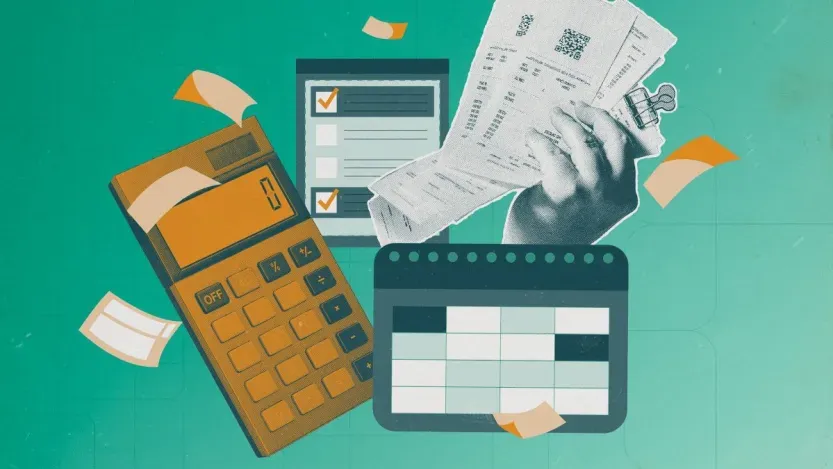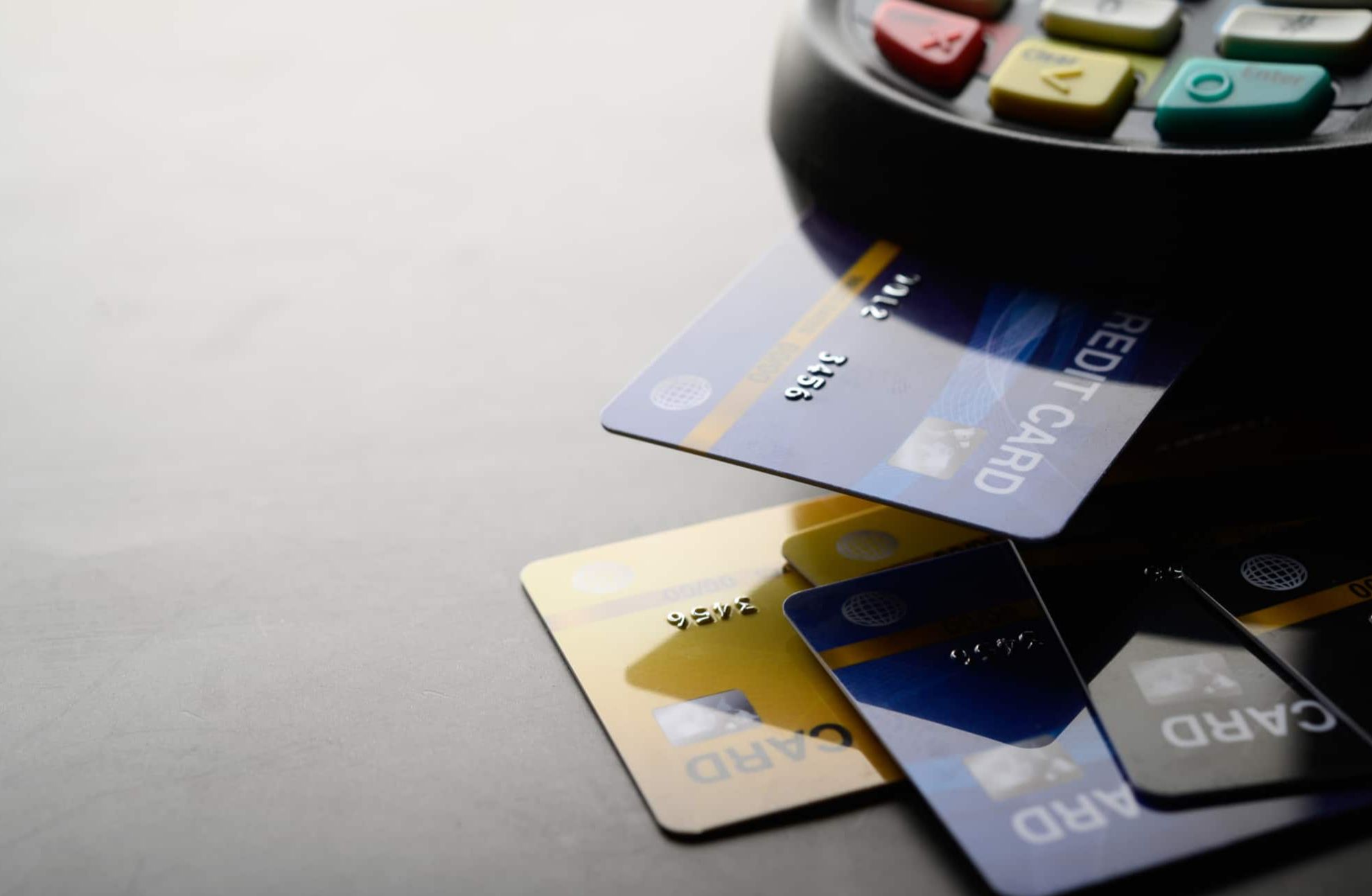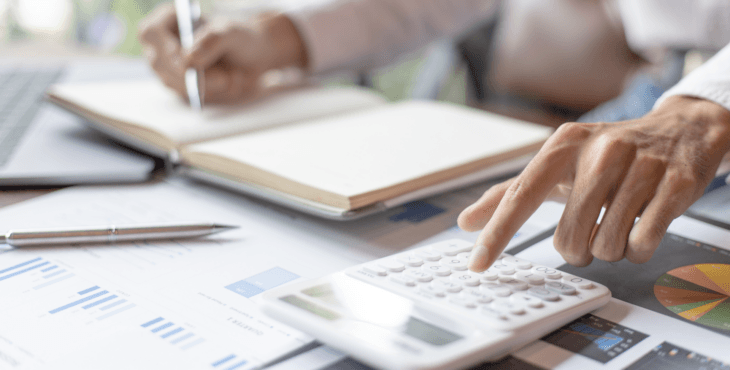
Currently, most people do not have an adequate control of their personal finances, which can generate economic problems in the short and long term.
An effective way to have a better management of income and expenses is through the development of a monthly budget.
Why is it important to have a monthly budget?
Having a monthly budget is fundamental to have a proper control over our personal finances.
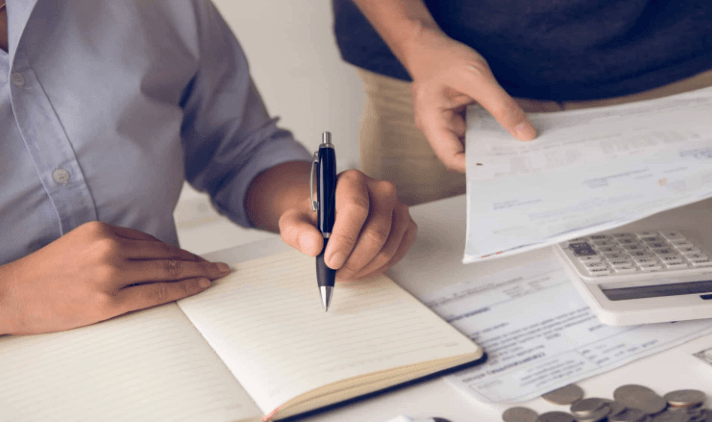
By doing so, we can better plan our expenses and income, which allows us to:
- Avoid excessive debt;
- Ensure that we are saving enough money to reach our financial goals;
- Stay focused on our long-term financial goals;
- Make informed and conscious financial decisions;
- Reduce financial stress and improve our overall financial health.
Take control of your personal finances
Controlling your personal finances is key to achieving a healthy financial life.
Having a monthly budget will allow you to know in detail your income and expenses, as well as identify areas where you can save.
To control your personal finances, it is important to:
- Analyze your income and expenses in detail;
- Identify unnecessary expenses and reduce them;
- Save a portion of your income on a regular basis;
- Keep your budget updated.
With an effective monthly budget you will be able to:
- Meet your long-term financial goals;
- Have greater financial security;
- Make informed decisions about your spending and savings;
- Reduce money-related stress.
Make sure you make ends meet
One of the main goals of having a monthly budget is to make sure you can make ends meet.
By planning your expenses and income in advance, you can avoid unpleasant surprises and have control over your money.
To achieve this goal, it is important to be realistic when making your budget.
Be sure to include all of your fixed expenses, such as rent or mortgage, utilities, and loan or credit card payments.
Reduce financial stress
Having an effective monthly budget can help you reduce financial stress by giving you a complete picture of your financial situation.
Knowing exactly how much you earn, how much you spend and where you can cut back can be very liberating.
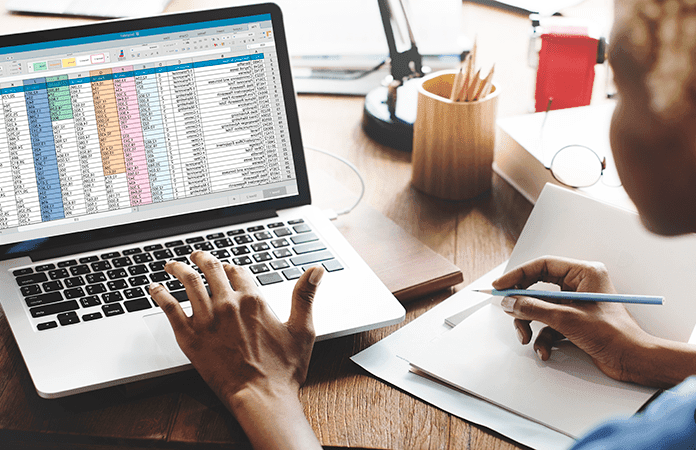
Plus, following a budget helps you avoid unpleasant surprises, such as bank overdraft fees or unexpected bills.
How to Budget Effectively
The first step to effective budgeting is to know your monthly income and expenses.
It's important to have a clear idea of how much money is coming in and going out of your bank account each month.
Once you have a clear idea of your income and expenses, it's time to set goals for your budget.
1. Review your current income and expenses
Before creating a monthly budget, you should have a clear idea of your income and expenses.
To do this, review your pay stubs, bills, bank statements and any other documents that let you know how much money you are earning and spending.
When reviewing your expenses, be sure to include all fixed expenses such as rent or mortgage, utility bills, insurance and loan payments.
2. Set your short- and long-term financial goals
Once you have analyzed your income and expenses, it is important to set your short- and long-term financial goals.
Short-term goals are those you want to achieve within one to two years, such as saving for a trip or buying an appliance.
Meanwhile, long-term goals are those you want to achieve in more than two years, such as saving for a house or your children's college education.
3. Create categories for your monthly expenses
It's important to have a clear idea of what you're spending your money on each month.
To do this, you can create categories that represent your main expenses, such as: food, transportation, housing, entertainment, among others.
Once you have these categories defined, you can keep a detailed record of your expenses and make adjustments if necessary.
Remember that it is important to be realistic when assigning a budget to each category and adjust it according to your needs and financial possibilities.
4. Allocate a specific amount to each expense category.
Once you have analyzed your income and expenses, it is important to assign a specific amount to each expense category.
This will help you maintain control over your finances and ensure that you are spending your money wisely.
If you have a transportation budget, allocate a specific amount for gas or public transportation.
Once you have established the amounts for each spending category, try to stick to them as much as possible.
5. Track your expenses and adjust your budget as necessary
It is important to keep track of all your expenses during the month so you can compare them to your budget and see if you are spending more or less than planned.
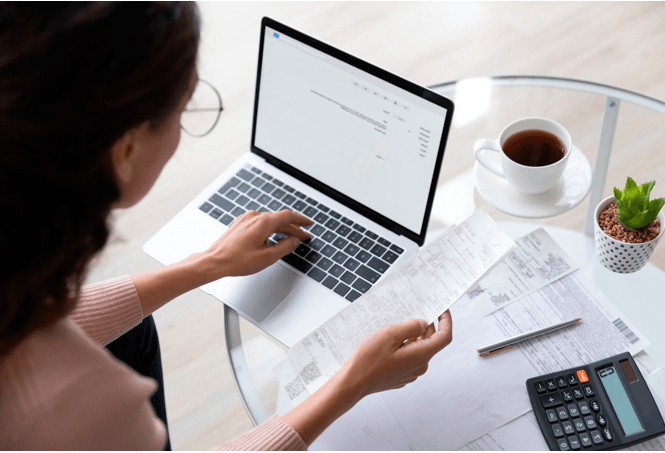
You can do this using a spreadsheet, a mobile app or simply by writing them down in a journal.
If you find that you're spending more than you planned, don't worry.
Simply adjust your budget for the next month and find ways to reduce your spending.
Conclusion
In summary, having a monthly budget is an essential tool for controlling our finances and achieving our long-term financial goals.
By making an effective one, we can identify and eliminate unnecessary expenses, allocate resources for priority needs and save for the future.
Good luck!

